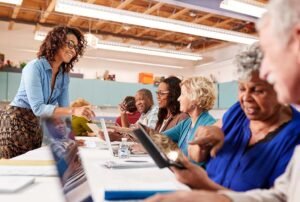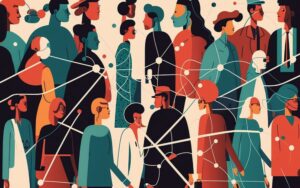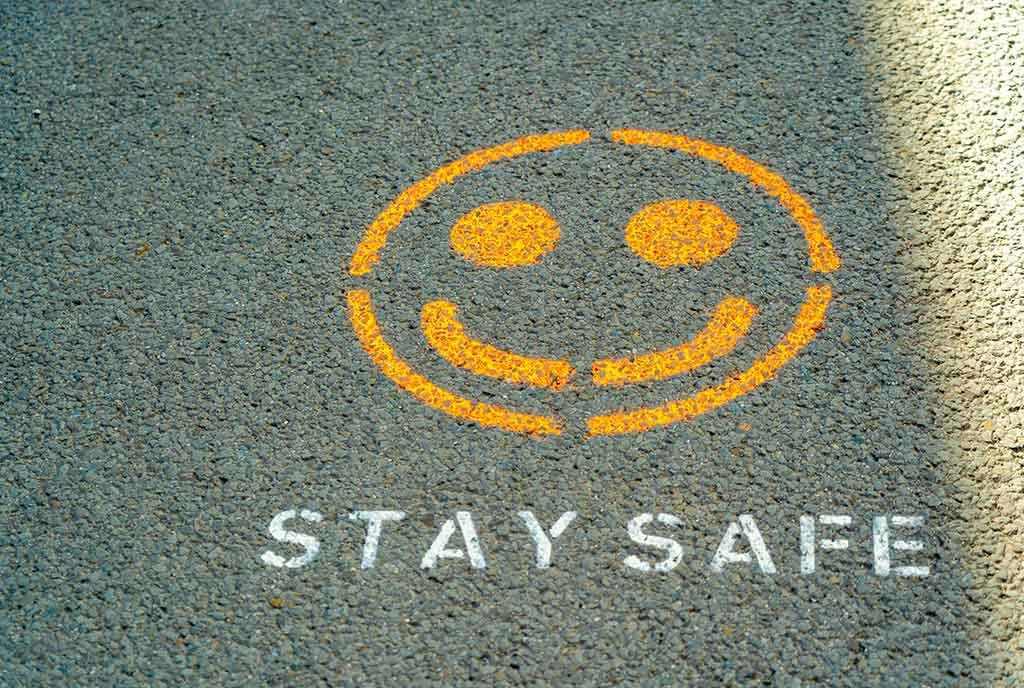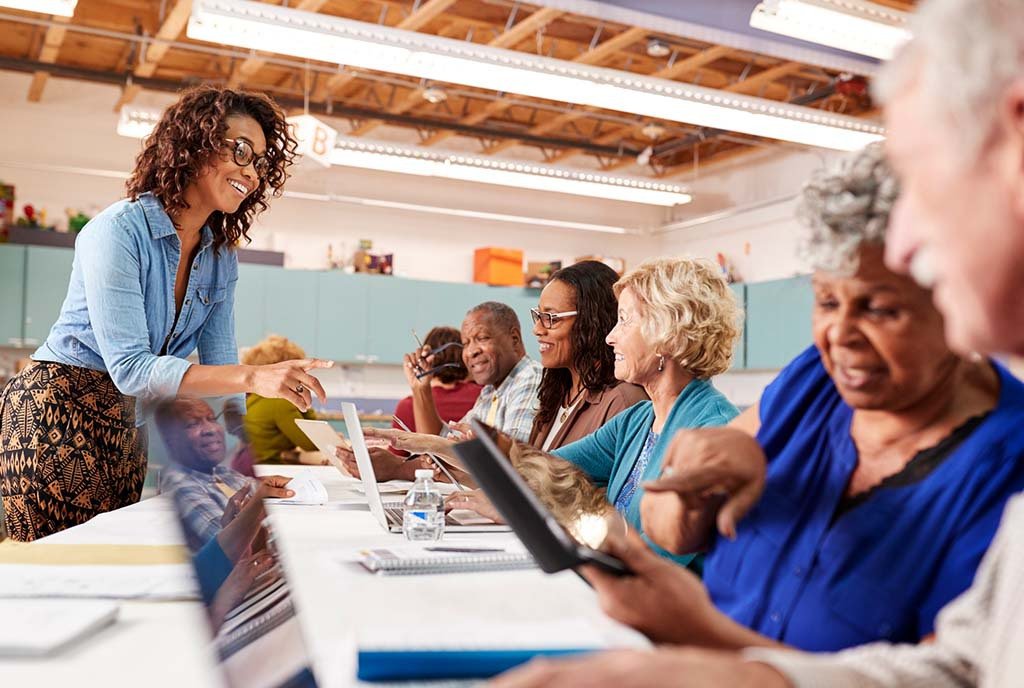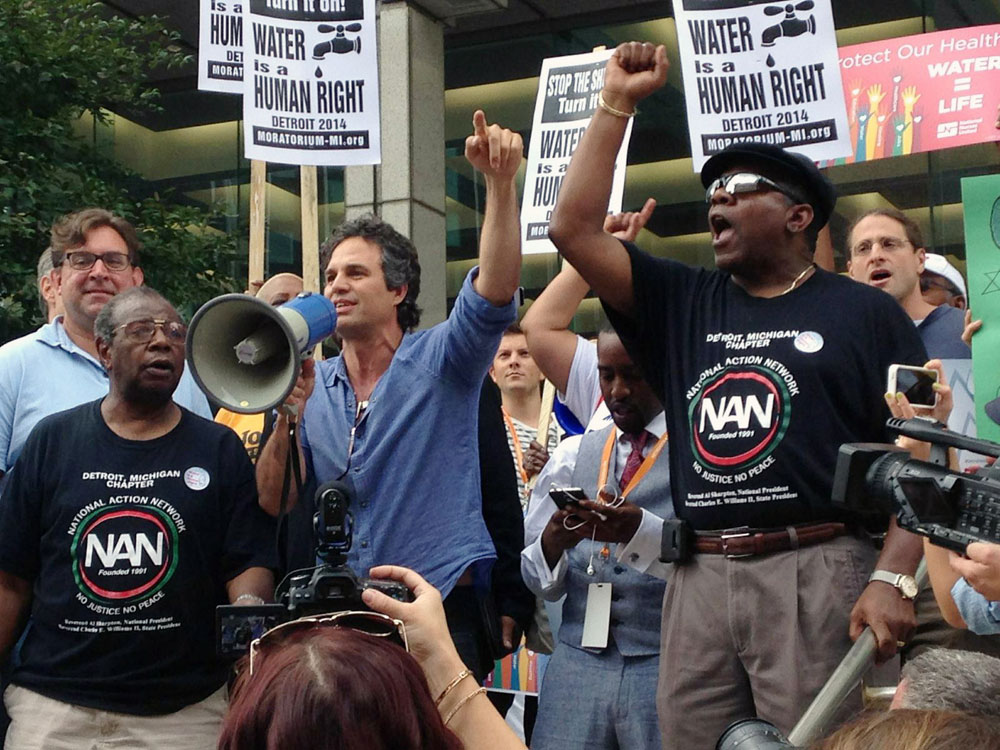
March 9, 2020; Common Dreams
A number of cities with high water shutoff rates have suspended those shutoffs in response to the COVID-19 coronavirus. In Detroit, the city has actually agreed, after many long years of a grassroots campaign and in the midst of a growing pandemic, to restore water to homes that had been cut off due to unpaid bills. Now, they must figure out how to make that happen.
Former gubernatorial candidate and activist Dr. Abdul El-Sayed, who tweeted “It’s about damn time!” in response to the turn-on announcement, says that the process for getting your water back still defeats the purpose. To have their water restored, residents must contact a local nonprofit, meaning those who have been pushed off the grid may be hard to engage.
“Putting more and more steps in the process…all it does is create an extra barrier,” El-Sayed says. “What I would like to see is the water just being turned on anyway and then working with people to facilitate keeping it on.”
El-Sayed says people need to reflect on living in a society where our poorest citizens can lose access to basic needs like water because they can’t pay for it.
Michigan—known as the Great Lake State—is home to 21 percent of the world’s freshwater, so a shortage of water isn’t the problem, he adds. He says it’s sad a pandemic like COVID-19 had to force the city and state government to deal with this issue.
Sign up for our free newsletters
Subscribe to NPQ's newsletters to have our top stories delivered directly to your inbox.
By signing up, you agree to our privacy policy and terms of use, and to receive messages from NPQ and our partners.
“It does call out the broader system of insecurity that so many people live in that really flexes on people with poverty all the time,” he says.
Just last year, 3000 households were shut off, and between 2014 and 2018, a full 100,000 households lost access to this basic human right. Tireless organizing on the part of the People’s Water Board and many other groups has kept the issue alive.
The CDC says people can help stop the virus’s spread with frequent handwashing—a recommendation rendered impossible when there’s no water coming from the tap. As progressive advocacy group Center for Popular Democracy Action put it Sunday, “Shutting off water and telling people to wash their hands to stop #coronavirus at the same time is a special kind of oppression.”
Civil rights organizations previously urged Democratic Gov. Gretchen Whitmer to put a moratorium on the shutoffs citing their public health impact. But her office rejected that call, saying just last month that there was “insufficient data to support the use of emergency powers in this instance.”
El-Sayed says turning the water back on in the simplest possible way is a first step. After that, he suggests, we need to look more broadly at the policies that make wide swaths of the population especially vulnerable to disaster and disease.
Presidential candidate Sen. Bernie Sanders (I-VT), who introduced the Water Affordability, Transparency, Equity and Reliability (WATER) Act, comments, “It’s good news that Detroit is restoring water to thousands of households. But it shouldn’t take a crisis like the spread of coronavirus to restore people’s right to drinking water.”—Ruth McCambridge




